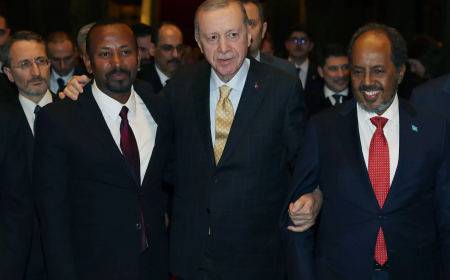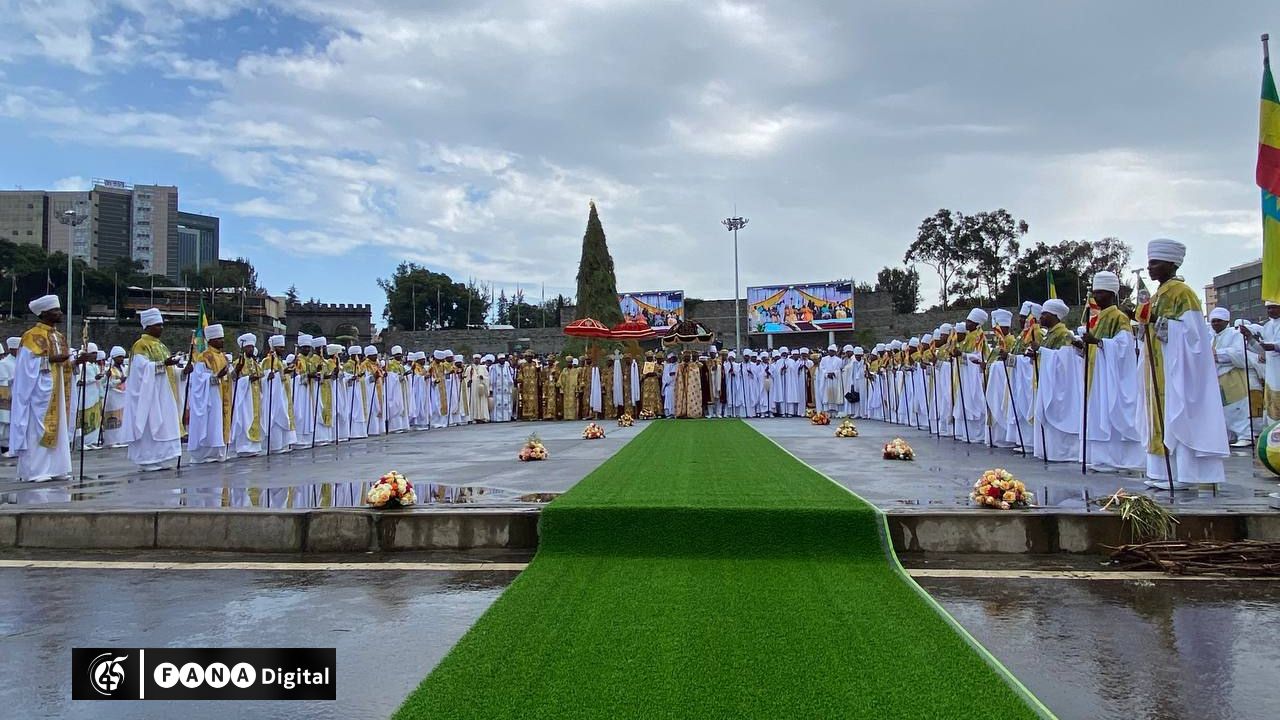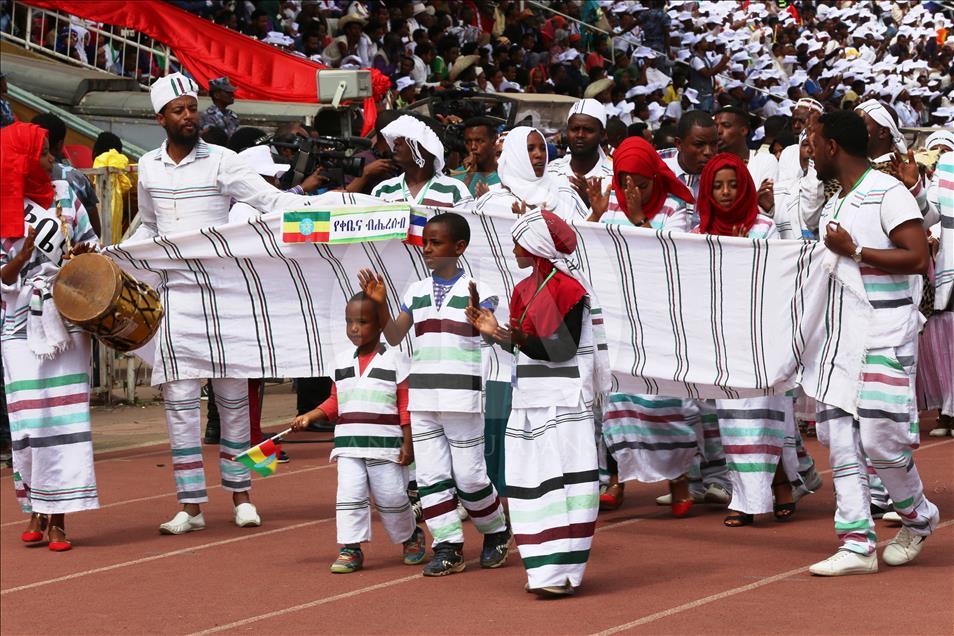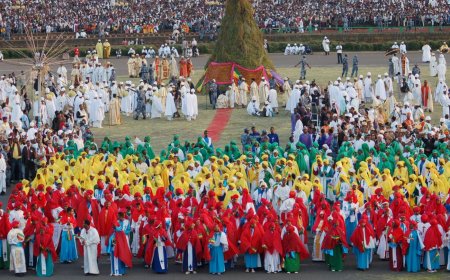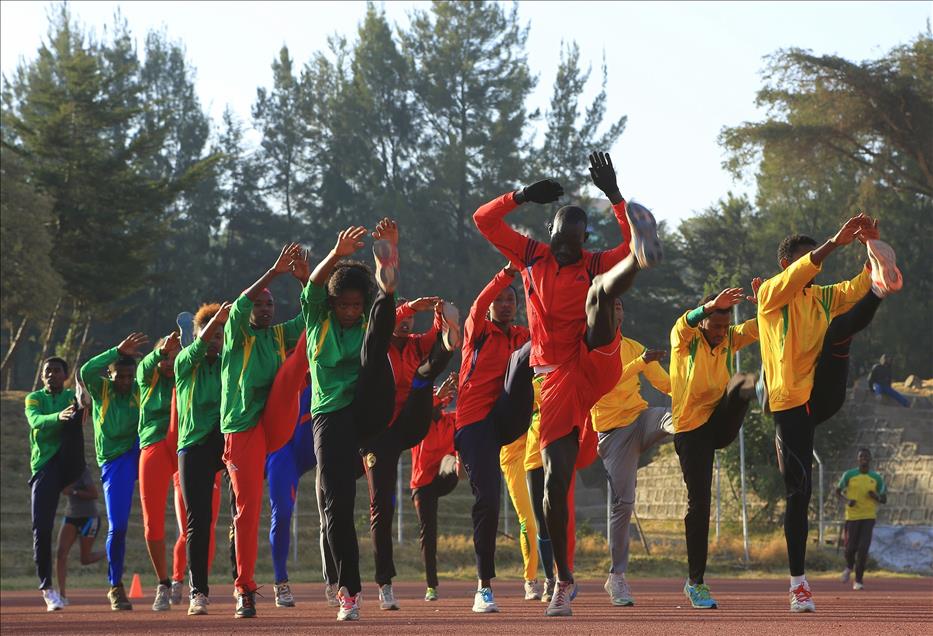Ethiopia's Relations with Neighboring Countries: Tensions and Cooperation
Explore Ethiopia's complex relations with neighboring countries, highlighting both tensions and areas of cooperation. Learn about the political, economic, and diplomatic dynamics shaping these relationships.
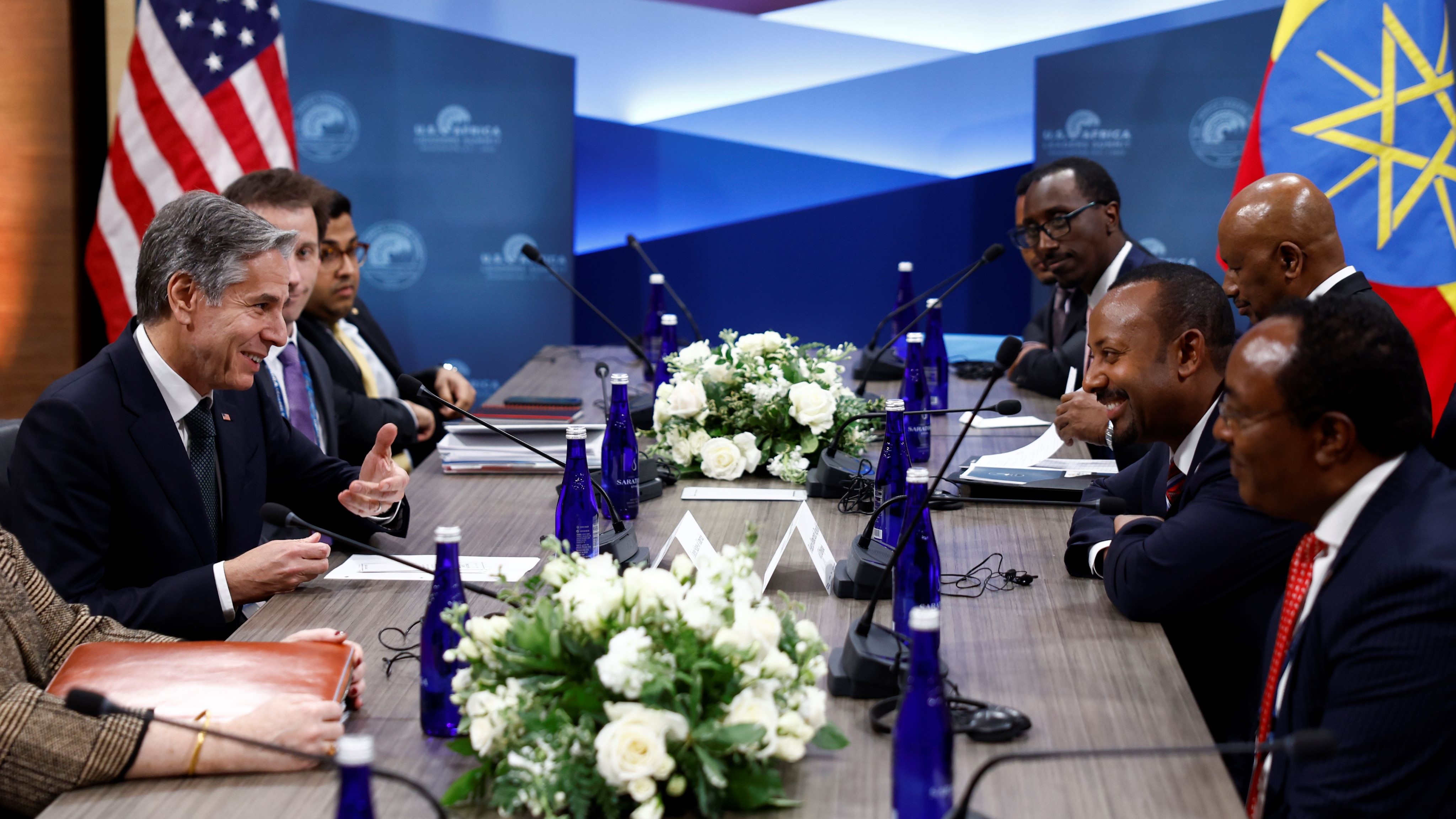
Ethiopia, located at the crossroads of the Horn of Africa, has always had complex and dynamic relationships with its neighbors. From historical conflicts to modern-day partnerships, the country’s foreign policy and regional engagement reflect a delicate balance between tension and cooperation. As Ethiopia continues to assert itself as a regional power, understanding the dynamics of its relationships with neighboring countries is crucial to gaining insight into the political, economic, and diplomatic landscape of the region.
Historical and Geopolitical Context
Ethiopia shares borders with six countries—Eritrea, Sudan, South Sudan, Kenya, Djibouti, and Somalia—each with its own unique historical and geopolitical relationship with Ethiopia. Throughout the years, Ethiopia has had to navigate a range of issues, from border disputes to economic cooperation, often shifting between conflict and collaboration.
The country’s geopolitical significance cannot be overstated. As the second most populous nation in Africa and home to the African Union’s headquarters, Ethiopia plays a central role in shaping regional politics. Its relationships with neighboring countries influence trade routes, security dynamics, and diplomatic alliances throughout the Horn of Africa and beyond.
Tensions with Eritrea: From Conflict to Peace
Ethiopia’s relationship with Eritrea is one of the most notable examples of both tension and cooperation in the region. The two countries share a long and tumultuous history, marked by a violent border war from 1998 to 2000 that left thousands dead and strained relations for nearly two decades. The conflict centered around the disputed border town of Badme and led to years of hostility and closed borders.
In 2018, a historic peace agreement was signed between Ethiopian Prime Minister Abiy Ahmed and Eritrean President Isaias Afwerki, effectively ending the state of war and reopening diplomatic and trade relations. This marked a turning point in the region’s stability and was hailed as a major diplomatic achievement. However, while the peace agreement signaled improved relations, tensions remain in some areas, and the long-term stability of the relationship is still being closely watched by the international community.
Relations with Sudan and South Sudan: Border Disputes and Cooperation
Ethiopia’s relationship with Sudan has also seen its share of challenges. The two countries have historically had close ties, but tensions have flared in recent years over the disputed border region of al-Fashaga, an agriculturally rich area claimed by both countries. The conflict has led to military clashes and strained diplomatic relations.
Despite these tensions, Ethiopia and Sudan have maintained cooperation in other areas, particularly when it comes to economic development and regional security. Both countries are members of the Intergovernmental Authority on Development (IGAD) and have worked together on initiatives aimed at promoting peace and stability in the region. Ethiopia’s role in mediating conflicts in South Sudan has also been crucial, with Addis Ababa serving as a hub for peace talks aimed at resolving the ongoing civil war in South Sudan.
Ethiopia’s Role in Somalia’s Stability
Somalia, a country plagued by decades of conflict and instability, has long relied on Ethiopia for military and diplomatic support. Ethiopia has played a key role in the fight against the extremist group Al-Shabaab and has contributed troops to the African Union Mission in Somalia (AMISOM) to help stabilize the country.
However, Ethiopia’s involvement in Somalia has not been without controversy. Some Somalis view Ethiopia’s presence as a form of intervention, and relations between the two countries have been complex. Despite these challenges, Ethiopia continues to be a major player in efforts to bring peace to Somalia and stabilize the broader Horn of Africa.
Cooperation with Kenya: Economic Ties and Infrastructure Projects
Ethiopia and Kenya have largely maintained stable and cooperative relations, particularly in the areas of trade and infrastructure development. Both countries are part of the Lamu Port-South Sudan-Ethiopia-Transport (LAPSSET) Corridor project, a major regional infrastructure initiative aimed at improving connectivity and boosting economic growth. The project includes the construction of highways, railways, and pipelines that will link Ethiopia to Kenya’s Lamu Port, providing Ethiopia with greater access to international markets.
In addition to economic cooperation, Ethiopia and Kenya have worked together on security issues, particularly in relation to counter-terrorism efforts and regional peacekeeping operations. The two countries share a border, and their collaboration is key to ensuring stability in the region.
The Grand Ethiopian Renaissance Dam (GERD): Source of Tension and Regional Dialogue
One of the most contentious issues in Ethiopia’s relations with its neighbors, particularly Sudan and Egypt, has been the construction of the Grand Ethiopian Renaissance Dam (GERD) on the Blue Nile River. While Ethiopia views the dam as a critical infrastructure project that will provide much-needed electricity and boost economic development, downstream countries—especially Egypt—have expressed concerns about its potential impact on their water supply.
Negotiations over the dam have been ongoing for years, with Ethiopia, Sudan, and Egypt seeking to reach an agreement on how the dam will be filled and operated. While tensions remain high, the GERD project has also created opportunities for regional dialogue and cooperation, with international mediators working to find a diplomatic solution to the dispute.
Conclusion
Ethiopia’s relations with its neighboring countries are marked by a delicate balance of tension and cooperation. From longstanding border disputes to joint economic projects, Ethiopia has navigated complex regional dynamics as it seeks to assert itself as a regional leader. As the country continues to grow and develop, its ability to maintain stable and cooperative relationships with its neighbors will be crucial for both its own prosperity and the stability of the Horn of Africa.
What's Your Reaction?
 Like
0
Like
0
 Dislike
0
Dislike
0
 Love
0
Love
0
 Funny
0
Funny
0
 Angry
0
Angry
0
 Sad
0
Sad
0
 Wow
0
Wow
0
